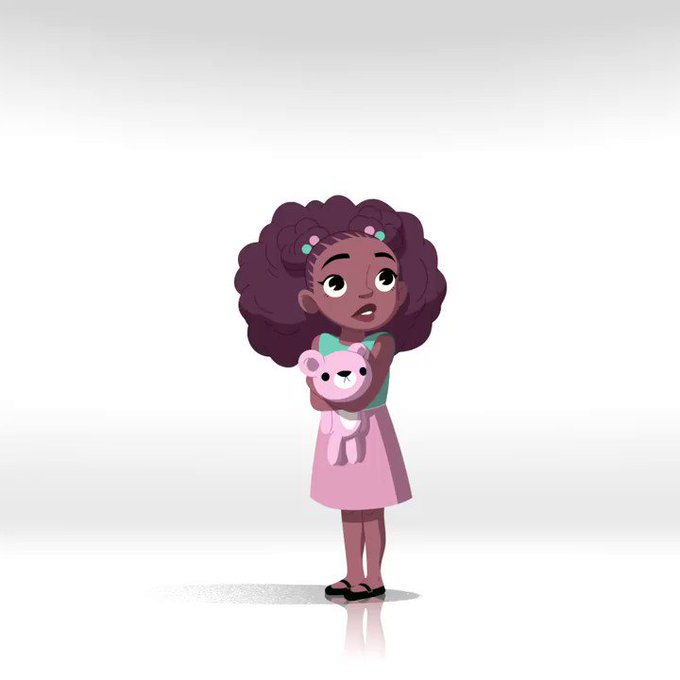Women of color call out Dictionary.com's 'offensive' definition of 'black': 'This needs to change'

What is the definition of the word “black?”
According to Dictionary.com, the synonyms associated with the word range from “gloomy,” to “threatening,” to “evil,” and even “soiled.”
The noun section adds that “black” is sometimes capitalized in reference to “a member of any of various dark-skinned peoples,” and “often offensive” when referring to African Americans.
Now, women of color online are demanding a change to the “offensive” connotations of the word.
“Let’s Change The Old, Insulting, Abusive, Objectionable, Hostile, Attacking Definition Of ‘Black/ black,’” wrote one Twitter user. “It’s Not Who We Are Or What We a Stand For. So Let’s Move To Change It And Proudly Represent BLACK, As We Really Are.”
Women of color online are speaking out because they believe “how we define words changes our perception,” explains one social media user, Nyshayla Barnes, a 20-year-old college student and one of the first few to call out Dicitonary.com online.
“If a young Black person saw and learned these definitions for ‘Black,’ they would be unintentionally learning to hate themselves. The statement: Sticks and stones may break your bones, but words do not, is untrue,” Barnes tells Yahoo Lifestyle.
She adds, “When a Black girl learns that her black skin is ugly from a dictionary, she may become insecure and insecurity can lead to even greater problems such as low self-esteem, depression or even suicide.”
The first woman to call out Dictionary.com tweeted its account on June 5— and other women of color online engaged almost immediately. The social media campaign spread like wildfire on Twitter, with countless users requesting a change to the online reference’s interpretation.
Some female Twitter users added that changing the connotation of the word was important to helping “my younger brothers and sisters” grow up with confidence in their skin.
“There are offensive words in the dictionary associated with the definition of black. It’s important not only to me but to all the little black girls and boys out there trying to find who they are,” wrote another woman on Twitter. “So with that being said we have to #RedefineBlack.”
Other women online made suggestions of a more fitting definition of the word: “Black is beautiful, bold, strong and confident,” wrote one user.
The movement to change stems from a push by “My Black Is Beautiful,” a campaign for black women started by consumer goods giant Proctor & Gamble (P&G).
Lela Coffey, brand director of multicultural beauty at P&G, told CNBC that “My Black is Beautiful” works to promote a positive perception of blackness.
They spoke with experts on how associating “darkness” and “badness” with the word can lead to racial prejudice. “We started to wonder if this was something we could change,” Coffey told CNBC.
That’s why they started a petition on DoSomething.org, encouraging people to #RedefineBlack in all dictionaries and reach out to dictionaries online. Barnes, a 20-year-old college student, and others tweeted Dicitonary.com to be considered for a scholarship sponsored by the organization.
Women of color call out Dictionary.com's 'offensive' definition of 'black': 'This needs to change'
![Women of color call out Dictionary.com's 'offensive' definition of 'black': 'This needs to change']() Reviewed by Your Destination
on
June 09, 2019
Rating:
Reviewed by Your Destination
on
June 09, 2019
Rating:















No comments